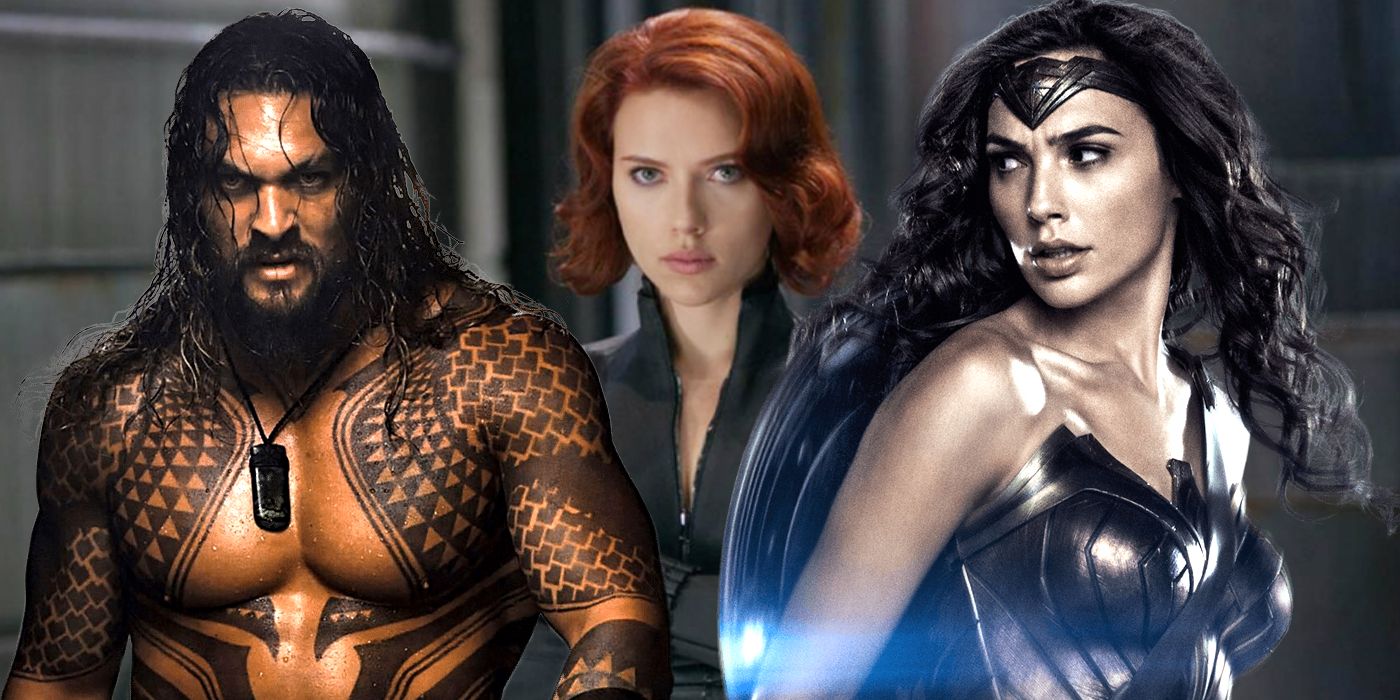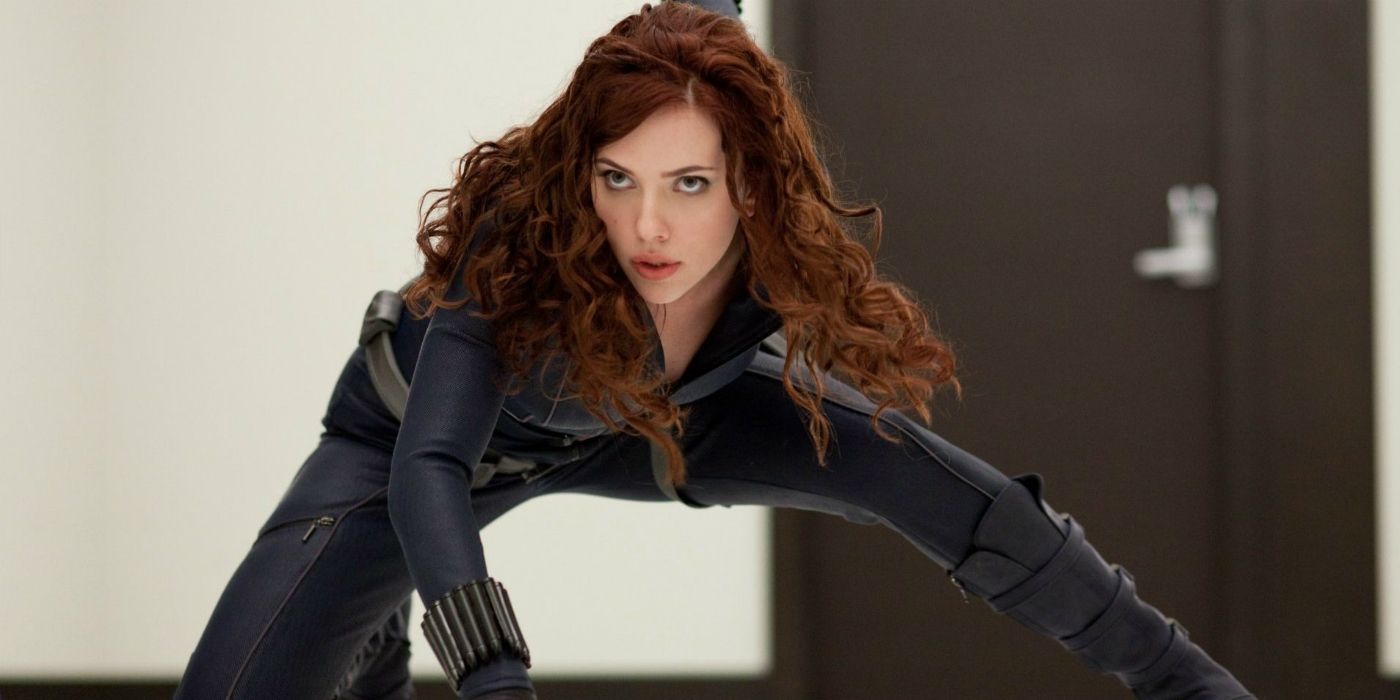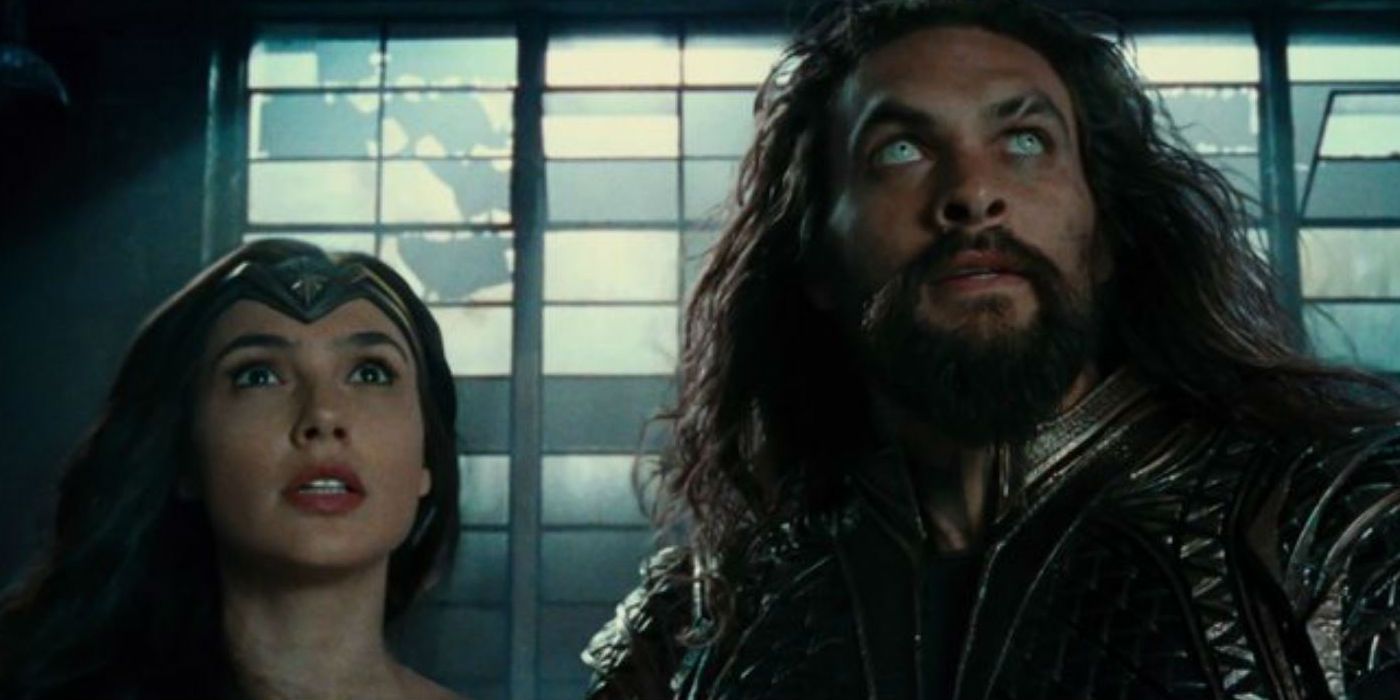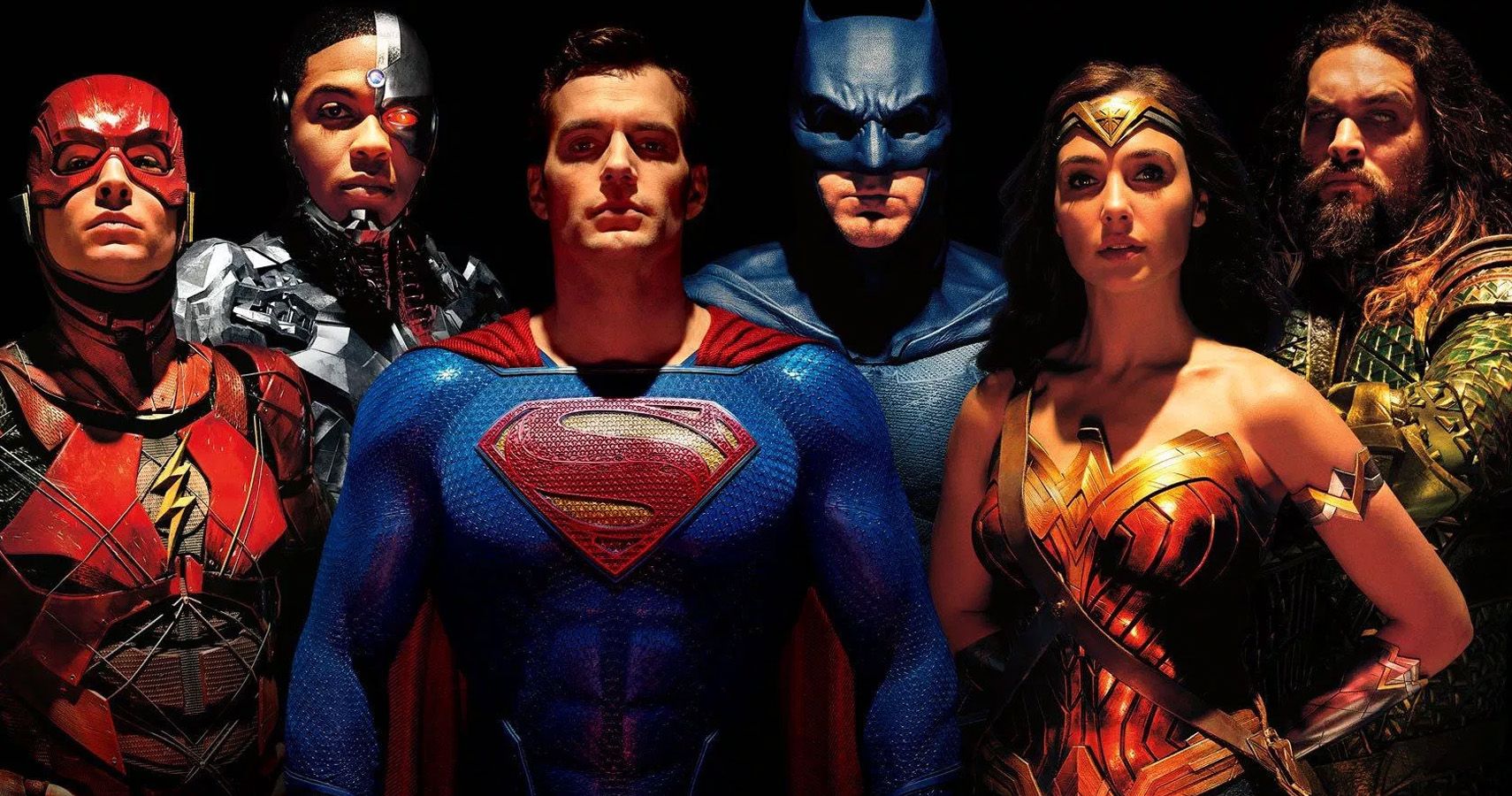The upcoming Black Widow solo movie highlights the fallacy of a major criticism that the DCEU has been confronted with. The film is set for release on May 1, 2020 and will take place between the events of 2016's Captain America: Civil War and 2018's Avengers: Infinity War. Black Widow will reportedly feature an appearance from Tony Stark, though the full extent of his role is unknown at this time.
The Marvel Cinematic Universe has built its massive brand over the years through interweaving the solo movies of its characters into team-ups and crossovers. Despite the popularity of Black Widow in the MCU, the character has only ever been seen onscreen alongside one or more of her fellow Avengers until now. Indeed, given how beloved Natasha Romanoff has become within the MCU, Black Widow seemed like the most logical choice for the franchise's first female-led solo movie, though this spring's Captain Marvel would ultimately come to hold that distinction.
With the Black Widow solo movie finally coming to fruition at this point in the MCU, it also highlights that Marvel is taking a surprisingly similar approach to the film as the DCEU has with some of its breakout characters. Moreover, with Black Widow arriving after the character has spent years as one of the pillars of the MCU, it also serves as a significant counterpoint to a major criticism the DCEU has faced.
Black Widow’s Solo Movie Is Coming Very Late
Black Widow made her first appearance in the MCU in 2010's Iron Man 2, and would return two years later as a core team member for the superhero ensemble The Avengers. In the ensuing years, Black Widow would continue to appear throughout the MCU, serving as an indispensable character in the franchise with her most recent back-to-back appearances in Avengers: Infinity War and Avengers: Endgame. The latter also sees Black Widow sacrifice her life to retrieve the Soul Stone in order for Thanos' snap to be undone.
To say that Black Widow's solo film has been a long-time coming would be an understatement. The character has grown to be one of the most universally adored of the MCU's first wave of heroes, yet the momentum on her long-awaited solo film has been noticeably slow. Saturday Night Live would even poke fun at Black Widow's lack of a solo movie in a sketch during the release of 2015's Avengers: Age of Ultron, with Johansson herself reprising the role. All told, it will have been a full decade since Natasha Romanoff's MCU debut when the Black Widow movie finally hits theaters, while also coming after the character's heroic sacrifice. The MCU is finally making good on Black Widow's popularity by giving her a solo movie, but there's no reason to think that it couldn't have come much sooner than it is.
Black Widow’s Path Is Similar To Wonder Woman And Aquaman
What makes Black Widow's place in the chronology of the MCU especially noteworthy is that it is following a remarkably similar template to the one taken by the DCEU's biggest break-out characters, Wonder Woman and Aquaman. Like Black Widow, both characters first appeared in ensemble films before being spun-off into solo movies. Wonder Woman made her big-screen debut with Gal Gadot in the role of the Amazonian Princess in Batman v Superman: Dawn of Justice, with Diana proving instrumental in defeating the rampaging Doomsday. She would subsequently be spun-off into the Wonder Woman solo movie the following summer, which proved to be the DCEU's biggest critical success, with a follow-up appearance in Justice League. Arthur Curry, meanwhile, made a much briefer cameo appearance in Batman v Superman (as was the case for The Flash and Cyborg), before seeing his first full portrayal in Justice League. The following year would also see Jason Momoa reprise the role in the Aquaman solo film, which would dominate the holiday season box office and become the biggest grossing DC movie ever made.
Both Wonder Woman and Aquaman have solo sequels in the works (and, in the latter's case, a spin-off focusing on the The Trench), and Black Widow's solo film has taken more or less the same path to getting made as theirs did. Up until now, Black Widow has appeared in the MCU either as a partner to the title character in films like Captain America: The Winter Soldier, or as part of a larger team-up in The Avengers films. Where that path differs is that despite the character being a critical and audience darling, Black Widow has seen a much longer waiting period in getting made, with even Johansson describing "timing" amid the large MCU slate as its biggest obstacle. Nevertheless, it is undeniable that Romanoff's journey to a solo movie has followed the same blueprint as that of Wonder Woman and Aquaman, even if the prospect of Black Widow dying before her solo film came to fruition is one that most Marvel fans were not likely expecting.
Black Widow Disproves The DCEU’s Biggest Criticism
What Black Widow really highlights coming at the time and serving the role within the MCU that is does is that the biggest criticism the DCEU has faced is effectively invalidated. Specifically, that the franchise has not taken a similar approach to the MCU in building up each character via solo movies before placing them into crossovers and team-ups. Black Widow has become a staple of the MCU without a single solo movie to her name until now, and it's worth noting that she's not the only one either.
Hawkeye's appearance in The Avengers came after a brief cameo in 2011's Thor, and he is finally set to go off on his own himself with a Disney+ streaming series. Meanwhile, the Guardians of the Galaxy movies have consistently eschewed solo films and have served as a team series right from the start. Additionally, Black Panther and Spider-Man were both spun-off into very successful solo films from their MCU debut in Captain America: Civil War, with 2018's Black Panther especially marking a cultural event for black moviegoers. In the case of Spider-Man, an argument could be made that the character was one audiences were already intimately familiar with from his five previous Sony-produced movies, negating the need for a solo movie as his MCU introduction, but those facts are no less applicable for Bruce Wayne's role in Batman v Superman either.
In the case of Black Widow, it offers the biggest counterpoint to the criticism of the DCEU not establishing a sufficient number of solo movies in its first wave. It demonstrates that audiences are prepared to emotionally attach themselves to characters as part of a larger team with or without having previously seen them individually. What's more, the fact that Black Widow is arriving when it is (and with Marvel meeting with over 65 directors to make it happen) shows that there can even be value in holding off on sending particular characters off in an individual film and enticing fans to stay invested in their appearances alongside other characters. Aquaman itself makes a very strong case for that approach, with Arthur's Curry's film soaring to towering heights despite the character having been the punchline of superheroes for decades.
For as long as it has taken for the Black Widow solo film to get off the ground, it would still have come after Romanoff's introduction to audiences in Iron Man 2 even if it had been made sooner. Black Widow is not the only MCU character to appear in her own movie only after being seen in some kind of crossover appearance, and many MCU characters still haven't gotten that opportunity at all. However, that has done nothing to dampen audience interest in Black Widow, with Marvel fans still eager to see her fight her own battles even after Romanoff's death in Avengers: Endgame. Ultimately, Black Widow arriving a decade into the character's tenure in the MCU serves to illustrate that there can be more than one legitimate approach to expanding a cinematic universe, and her solo movie following such as similar path as Wonder Woman and Aquaman offers a compelling counterargument against this particular criticism of the DCEU.










